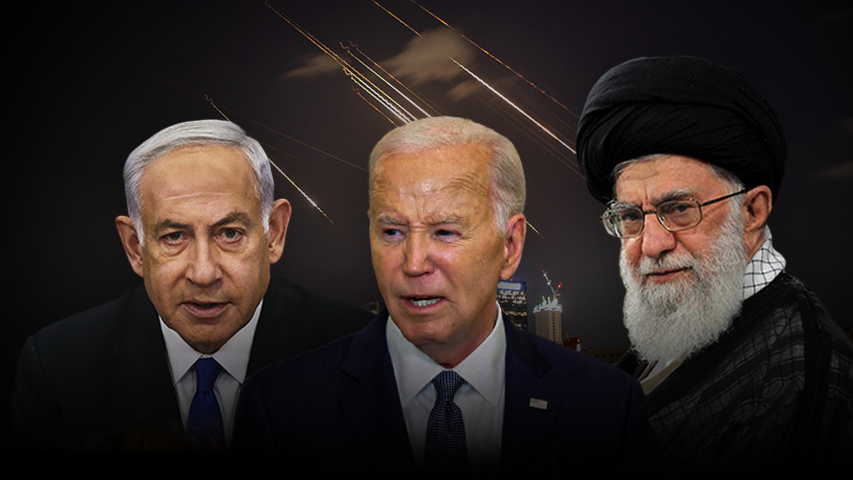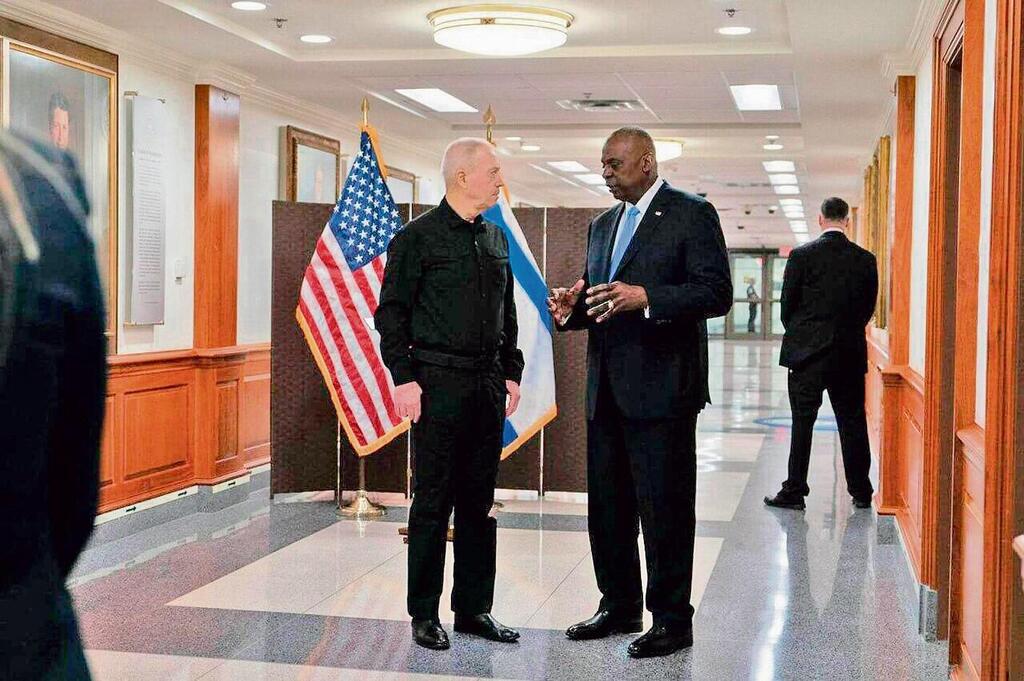Getting your Trinity Audio player ready...
After Iran's first direct missile attack on April 14, Israel took six days to respond. However, it has been almost two weeks since Iran's largest direct attack, which included about 200 ballistic missiles and was greater in scope and in the severity of its threat. This delay raises the question of whether Israel is procrastinating or if there is a plan to attack altogether.
Iran's missile strike on Israel
Sources privy to the details emphasize that there is no delay in the planned attack. According to them, "Israel acts according to different considerations and what was true for the previous attack does not correspond to the current situation." In addition, they stressed that "Israel is not procrastinating, and is acting according to an orderly plan and a clear strategy."
Sources in Israel explain that the response will arrive and be significant, but so far it has not been officially decided regarding how, when and where. As part of the discussions on the nature of the expected retaliation, cabinet members were presented with options but no decisions were made concerning the attack. Also, unlike the last attack, Prime Minister Benjamin Netanyahu and Defense Minister Yoav Gallant were not authorized to make the decision.
Amid deliberations, the delay may be due to operational considerations and the desire to coordinate with the Americans. Despite Israel not coordinating Nasrallah's assassination, Israel wishes to keep the Americans in the loop to ensure Israel's defense, based on the assumption that Iran will retaliate.
Israeli and American defense counterparts have been discussing the potential plan to respond to the Iranian strike. While Netanyahu and U.S. President Joe Biden held several calls, Strategic Affairs Minister Ron Dermer spoke with National Security Advisor Jake Sullivan, Defense Minister Gallant was supposed to meet Defense Secretary Lloyd Austin in the U.S. and Ambassador Mike Herzog has been talking to his counterparts in the White House.
Meanwhile, the talks between Israel and the U.S. show that the Americans want to avoid attacking Iran's nuclear and oil facilities. Israel, nevertheless, wants to strike 'two birds with one stone', since damage to the oil facilities will significantly damage Tehran's sources of income, and will make it difficult for it to finance the continuation of the program nuclear and the financing of global terrorism.
Still, Israel may be losing valuable time waiting to respond. The more it waits after the Iranian attack, the less the world will accept a significant Israeli attack, even if it is retaliatory. However, it seems that Israel is doing to the Iranians what Iran did to Israel after the assassination of the head of the political bureau of Hamas, Ismail Haniyeh, on July 31, for which Israel has not taken responsibility.
Get the Ynetnews app on your smartphone:








